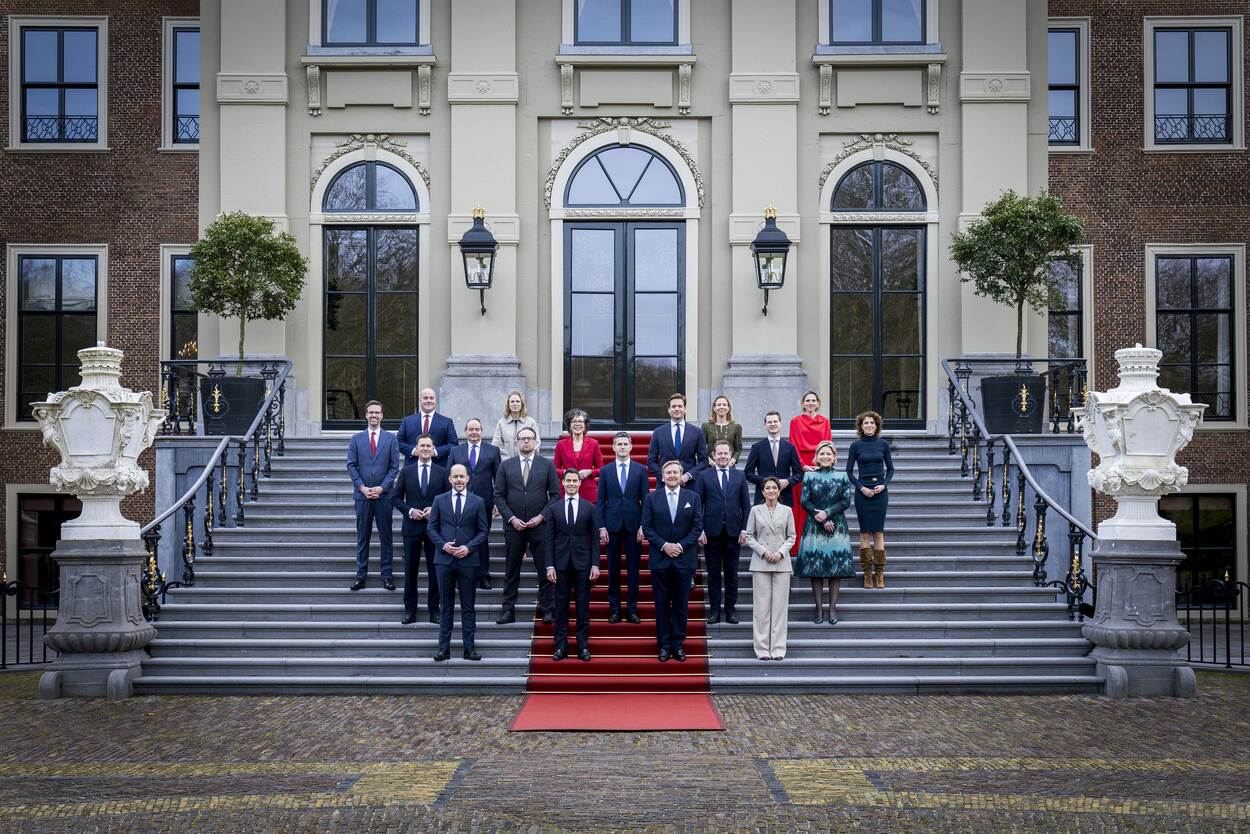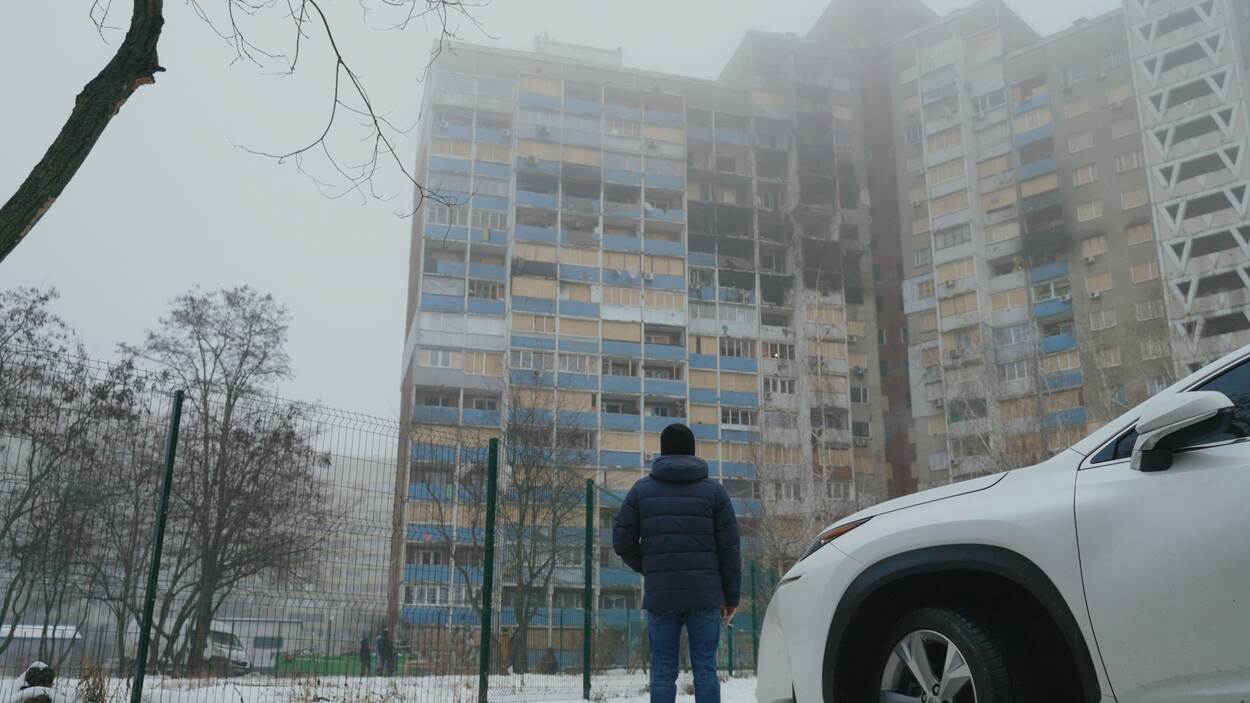The Netherlands and Uganda make arrangements on returning migrants via Uganda
The Netherlands and Uganda have agreed to work together to facilitate the return of migrants who are required to leave the Netherlands to their country of origin via Uganda. The individuals concerned are nationals of countries in the region. Today David van Weel, Minister of Asylum and Migration and Minister of Foreign Affairs, and his Ugandan counterpart Odongo Jeje Abubakhar, Minister of Foreign Affairs, signed a Letter of Intent to this effect in New York, where they are attending the UN General Assembly.
The partnership will focus on cases in which foreign nationals from countries in the region around Uganda who are required to leave the Netherlands fail to do so voluntarily and direct enforced return to their country of origin is unsuccessful or cannot be implemented within a reasonable period of time. The individuals concerned will be accommodated in Uganda temporarily at a reception location. From there they will be expected to return to their country of origin. This collaboration is part of the broader relationship between Uganda and the Netherlands.
As in the Netherlands, the aim is for such individuals to return voluntarily from in Uganda where they will once again be offered repatriation assistance. The Netherlands and Uganda will further elaborate the arrangements outlined in the Letter of Intent in the coming period. This will culminate in a small-scale pilot involving a transit hub for a limited number of foreign nationals who are required to leave the Netherlands. The group will include failed asylum seekers.
Foreign nationals who are not authorised to reside in the Netherlands, for example because their asylum application has been denied, must leave and return to their country of origin. They are encouraged to leave voluntarily, but if they fail to do so, enforced return is the next step. If it proves impossible to arrange their return within a reasonable period of time because the person concerned and/or the country of origin refuse to cooperate, there are often no further options. The transit hub can in such cases provide an additional option for the Netherlands to ensure the person’s return.
This is why the government has decided to pursue closer cooperation with Uganda in the area of migration. The ministers have made clear that the arrangements concerning the transit hub must comply with national, European and international law. The legal and practical arrangements will be elaborated with due care and with respect for human rights.
Mr Van Weel said, ‘We need to start focusing more on what can be done, rather than on what cannot. That is why we are taking this step with Uganda to get migration under control. Obviously the human rights of people who return to their country of origin via Uganda will be safeguarded.’
This letter of intent reaffirms the good relations between the Netherlands and Uganda. The Netherlands is also demonstrating that it is a pioneer in Europe when it comes to innovative solutions for getting migration under control. In working out the details of the transit hub concept, the government will continue to consult closely with the European Commission and international organisations, such as the International Organization for Migration (IOM) and the UN Refugee Agency (UNHCR).
Originally published at https://www.government.nl/latest/news/2025/09/26/the-netherlands-and-uganda-make-arrangements-on-returning-migrants-via-uganda




